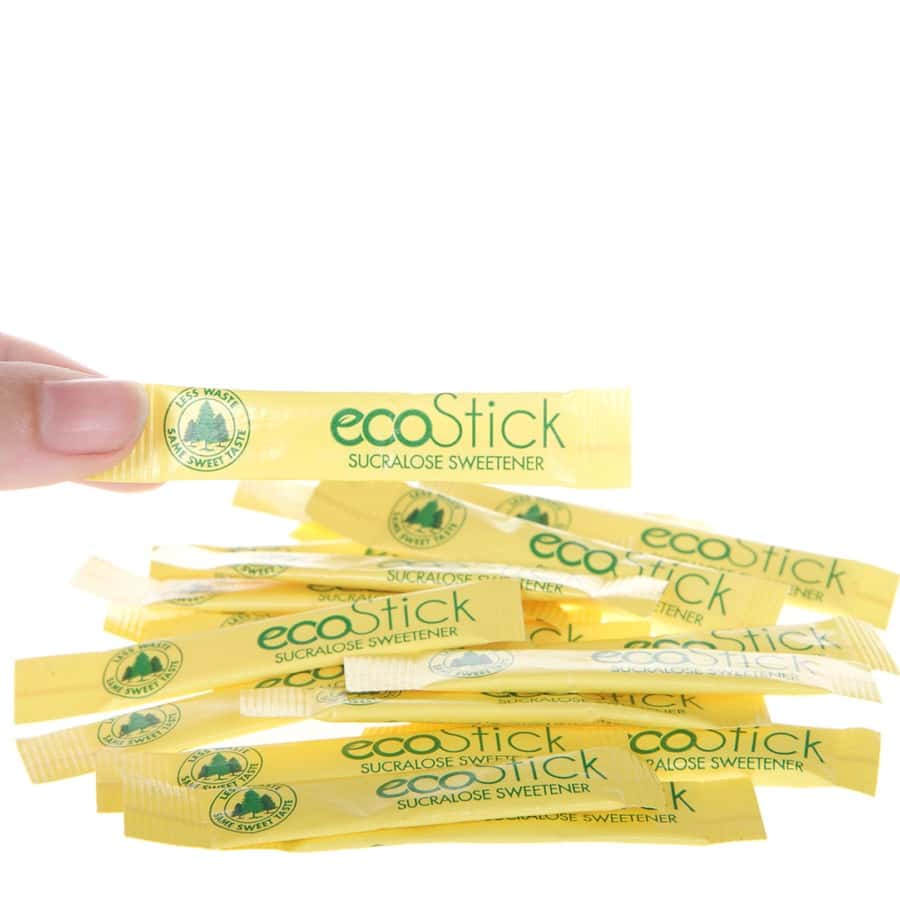
Many people trying to lose weight cut back on sugar by substituting artificially sweetened beverages for their favorite soda. Scientists have not been able to establish whether that tactic is effective.
How Does Sucralose Affect Appetite?
A study in southern California compared hunger responses to water, a drink sweetened with sugar and a drink sweetened with sucralose (JAMA Network Open, September 28, 2021). [One common brand name for sucralose is Splenda.] There were 74 adults in the trial, which measured blood sugar, insulin and a range of hunger-related hormones. Each volunteer made three separate visits to the study center and underwent functional MRI (fMRI) imaging. After drinking the assigned beverage, volunteers ate what they wished from a buffet meal. Researchers measured their caloric intake.
Blood sugar and insulin rose in response to the sugar-sweetened beverage. A hormone called acyl-ghrelin dropped.
For women, and especially for obese women, the artificially sweetened beverages produced greater reactions to food cues. Perhaps as a result, they ate more following the sucralose-sweetened beverage. This could make weight loss more challenging if people drink beverages sweetened with sucralose.
An editorial in the same issue comments:
“This raises the possibility that adding NNSs to our diet to increase sweetness could impair the brains’ responsivity to food, with negative consequences for eating behavior and metabolism, particularly in women.” (JAMA Network Open, September 28, 2021)
Is There a Link Between Artificial Sweeteners and Diabetes?
Sugar-sweetened beverages have been implicated in the huge increase in people with diabetes. People who use an artificial sweetener usually do so because they think it is safer than sugar. That might not be true in the case of sucralose, however. When it is combined with carbohydrate, the body’s metabolic response could spell trouble.
How Does Sucralose Affect Metabolism?
Researchers at Yale University compared the metabolic reactions of 45 people to three different beverages (Cell Metabolism, March 3, 2020). One group drank a beverage containing the equivalent of two packets of Splenda, a brand name for sucralose. A second group consumed a drink sweetened with sugar. The drink for the third group contained both sucralose and a flavorless carbohydrate called maltodextrin. All the drinks tasted the same.
After two weeks and seven of their beverages, the first two groups did not change glucose or insulin levels. But the third group started producing far more insulin in reaction to the beverage. Such insulin resistance is a harbinger of pre-diabetes.
Lower Sensitivity to Sweet Taste:
The researchers conducted fMRI imaging on the volunteers while offering them tastes to judge their responses to sweet, sour, salty and umami flavors. They found that those in the combination group had a significantly reduced reaction to the sweet flavor in several parts of the brain. People with the most insulin resistance saw the biggest changes in brain response.
The scientists hypothesize that consuming sucralose in combination with carbohydrate confuses the brain. It then communicates the wrong signals to the rest of the body and interferes with its ability to handle sugar normally.
The authors note:
“The results of our study demonstrate that consuming sucralose with, but not without, a carbohydrate rapidly impairs glucose metabolism.”
In summary, they suggest that low-calorie sweeteners in combination with carbohydrates (as, for example, in yogurt or when a diet drink is taken with a meal) may increase the risk for type 2 diabetes and obesity. However, experts not involved with the study caution that various artificial sweeteners are different, and others may not interact with carbohydrates in the same way as sucralose.
Citations
- Yunker AG et al, "Obesity and sex-related associations with differential effects of sucralose vs sucrose on appetite and reward processing: A randomized crossover trial." JAMA Network Open, September 28, 2021. doi:10.1001/jamanetworkopen.2021.26313
- Kullmann S, "Nonnutritive sweeteners and neural reward response in women and individuals with obesity." JAMA Network Open, September 28, 2021. doi:10.1001/jamanetworkopen.2021.28047
- Dalenberg JR et al, "Short-term consumption of sucralose with, but not without, carbohydrate impairs neural and metabolic sensitivity to sugar in humans." Cell Metabolism, March 3, 2020. DOI:https://doi.org/10.1016/j.cmet.2020.01.014

